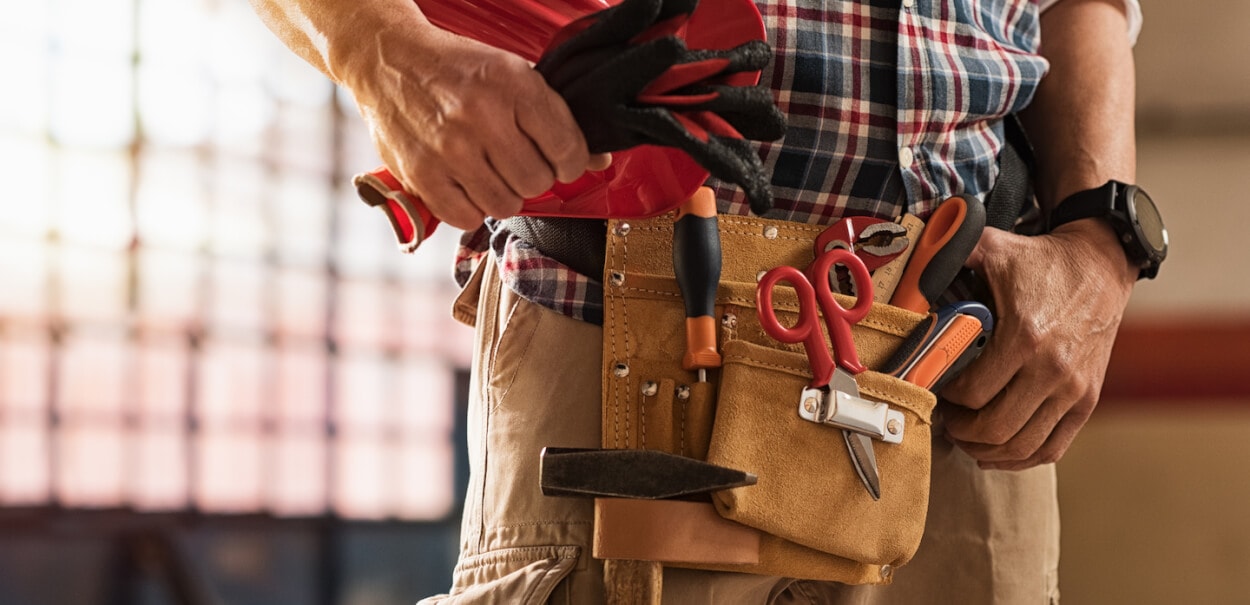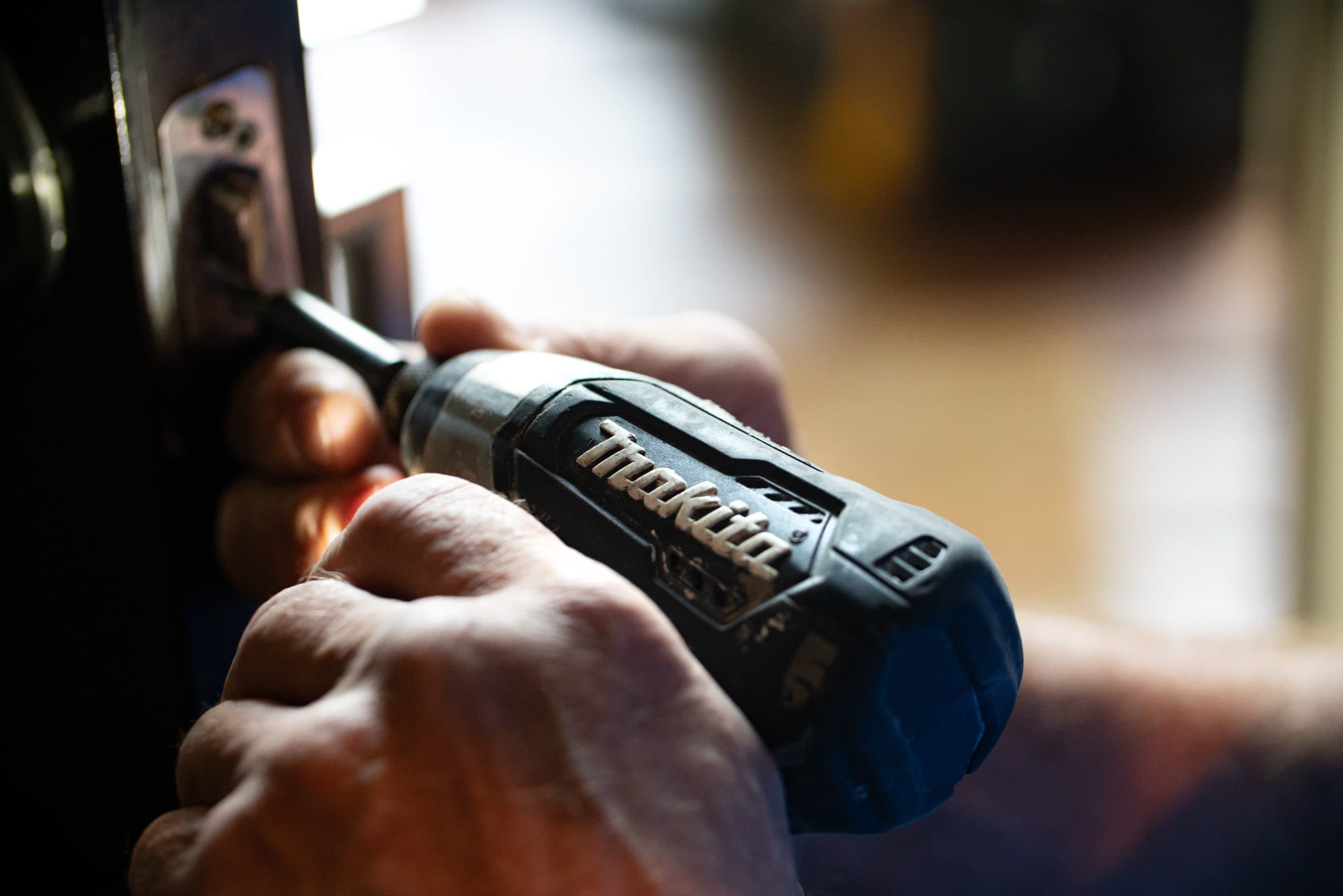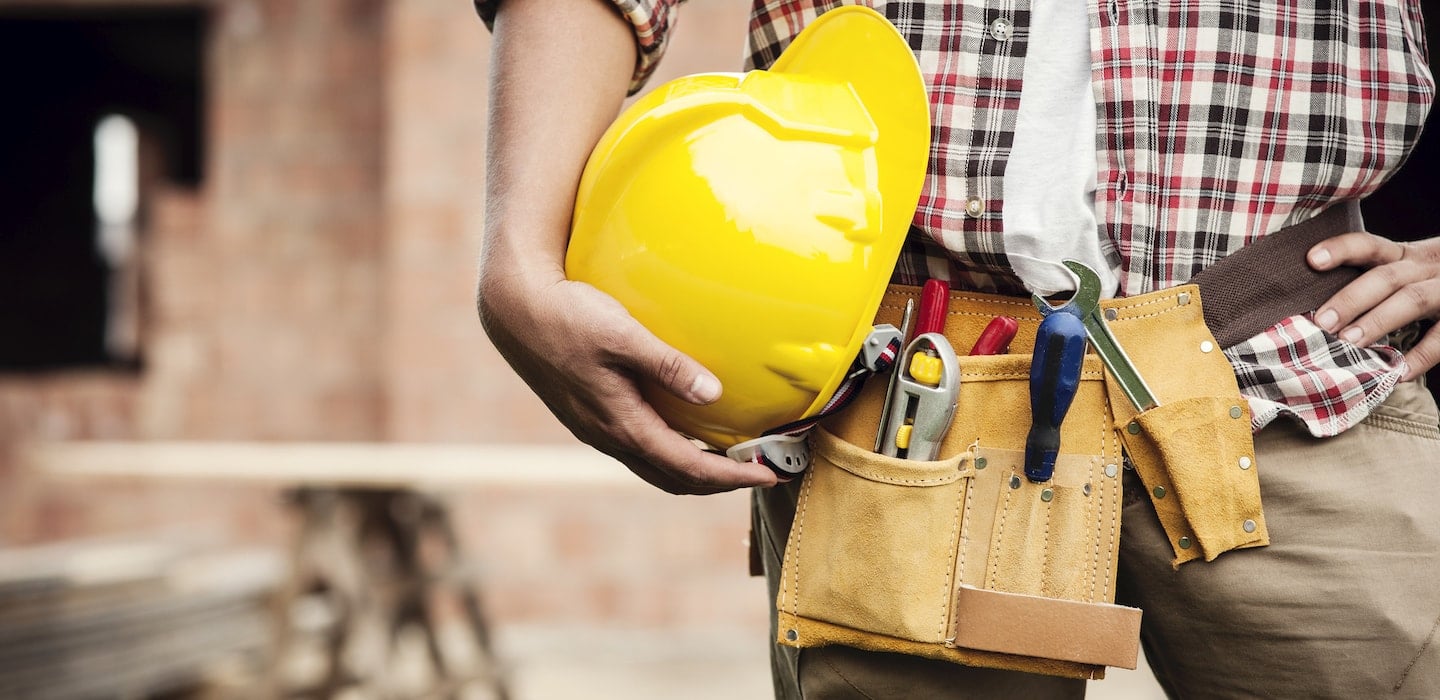#1 Drill
Whether you’re installing shelves, putting up drywall, or assembling furniture, you need a drill. This is one of the most versatile, dependable tools in your kit. To make sure your drill is always ready when you need it, opt for:
- Cordless drill – Eliminate the risk that someone trips over your cord and save time looking for outlets.
- Cordless drill – You need sufficient power to generate torque. Look for models with at least a 20V battery.
Don’t forget to bring a spare battery and charger!




